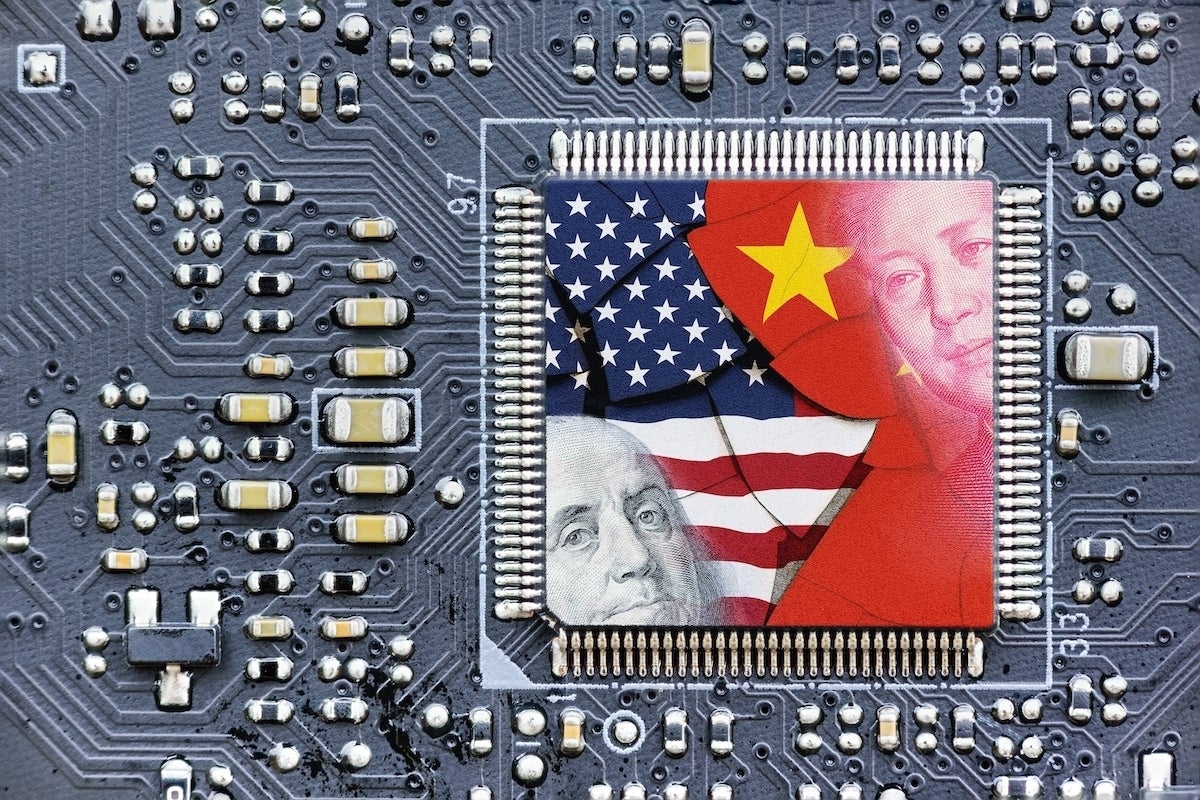At a time when the US and China are embroiled in a chip war, the former has assured South Korean chipmakers, including Samsung and SK Hynix, that it is planning to extend a waiver that enables these firms to manufacture chips in China.
“We understand the concerns that companies have and we’ll do everything that we can to make sure that companies are able to continue to conduct their business,” US Deputy Secretary of Commerce Don Graves was quoted saying by the Yonhap News Agency, during his two-day visit to Seoul to attend bilateral cooperation talks between the two nations.
South Korean chipmakers with factories in China had received a waiver for one year from the US government after the US put restrictions on exports of certain advanced semiconductor manufacturing items to China last October, in an effort to thwart’s Beijing technology prowess.
These chipmakers, who want an extension to the waiver before the October deadline closes, are dependent on the US as the country controls the supply lines for some critical technology and items needed for manufacturing chips.
The US is expected to allow these Korean chipmakers to place their case for a continued waiver in the coming days, according to the report.
Currently, Samsung operates a NAND flash-producing plant in China’s Xian and a semiconductor packaging factory in Suzhou. SK Hynix, on the other hand, manufactures most of its DRAM chips at a plant in the Chinese city of Wuxi along with other plants at multiple locations.
US and China still at war for tech supremacy
Neither the US nor China is showing any signs of backing out of the chip war or the extended struggle to gain technology prowess over the other.
Last month, US President Joe Biden ratcheted up the technology trade war with China, issuing an executive order to restrict investments in several sectors, including semiconductors and AI.
The US first imposed restrictions on the exports of chips to China in 2015, extending them in 2021 and twice in 2022. The most recent restrictions were introduced in December.
US lawmakers have also been urging the Biden administration to take more action to impede China’s progress in gaining dominance in areas such as artificial intelligence and quantum computing.
The suggestions included imposing trade restrictions on Chinese memory chipmaker Changxin Memory Technologies as a counteroffensive to China banning the use of Micron’s chips.
In January, the US convinced the Netherlands and Japan to join it in expanding the ban on exports of chipmaking technology to China.
In a counteroffensive, Beijing, too, restricted the export of two metals required for manufacturing semiconductors, mostly used in electric vehicles, displays, and defense equipment.
2023-09-28 10:48:02
Article from www.computerworld.com
